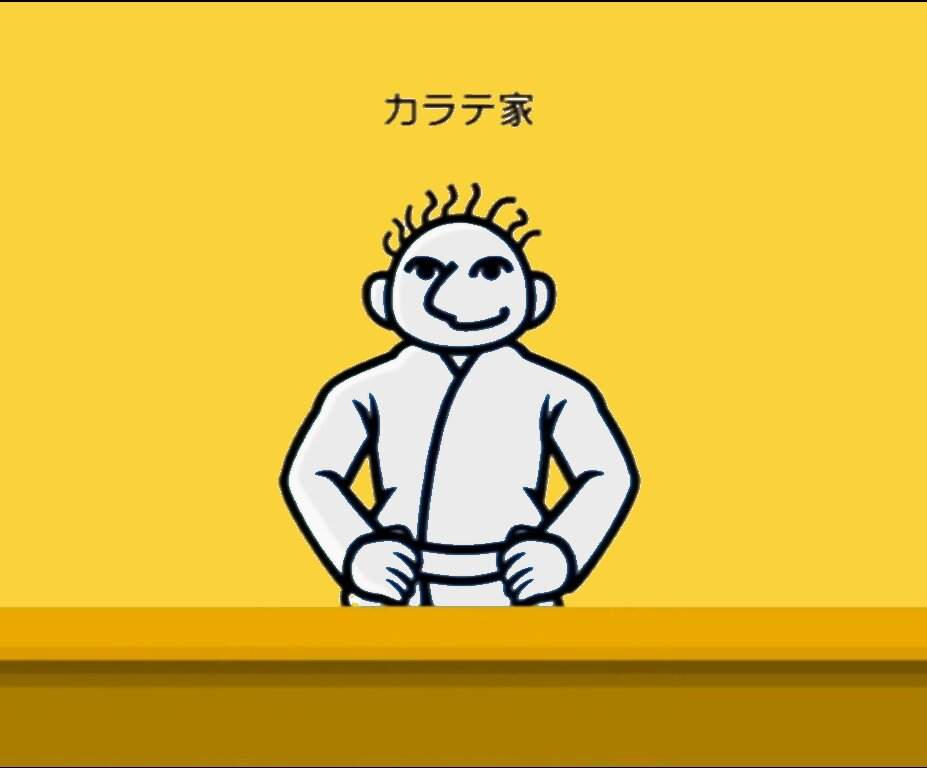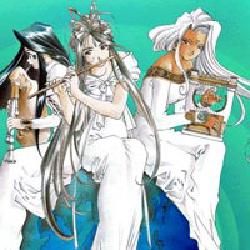

Note: When you write kana (hiragana/katakana/kanji), the "wa" is actually written with the hiragana symbol は (ha). The reason is that the "O" part of Oosaka is the kanji 大 (dunno if you can see that), its the kanji for "big", and when its placed with another kanji in a word (like Oosaka) its pronounced "oo".Ģ) The order of the words in your sentence is incorrect, it should be: "kyou, watashi wa totemo herushii tabemono wo tabenakereba narimasen." Also, i'm sure there's a Japanese word for "healthy", but Japanese people often mix english words into their sentences, "herushii" is probably fine for casual conversation. An example of an exception is one of the bigger cities in Japan, Oosaka. As a matter of fact, most words that have a long "oo" sound are "ou". It may not seem like it matters, but that is how its literally written in romaji. Kyoo, watashi tabenakereba naranai desu totemo herushii tabemono (today, I must eat very healthy food) = a few corrections to make here.ġ) "Kyoo" should be "kyou".

(she is very pretty) = correct, good job! If you're trying to say he's "fine", in an everyday sense, you can use "genki" (see above). (he is well) = As far as I can tell, this seems to mean that he is getting well, as in, he's recuperating from an injury or sickness. "Watashi no onaka ga tsukimashita"(polite) and "Watashi no hara ga heta" (more casual, less polite). (i am hungry) = "genki" means "energetic, healthy, etc." Its often used to ask someone "How are you? (Anata wa genki desu ka?)" and they can respond "Genki desu.

The writer is a professor at Yokohama National University.FYI, I'm not a native speaker, but I can correct these sentences. Motto, motto, kufuu wo korashi te, omoshiroi dorama ni shite kudasai ne (Keep coming up with more and more of your ingenious ideas to make this an even more interesting program) is what I'd like to say to the producer. In this 45-minute program, we can get an insight into the history, music, architecture and clothing of Japan. For instance, Mansai Nomura, one of Japan's great kyoogen actors, appears in an important role. Haiyaku ni mo kufuu wo korashita ato ga aru (You can tell that innovative efforts have gone into the casting). I find the cast of the program intriguing.

Teema ongaku ni mo, kufuu ga korasare te iru (Even the theme music is elaborately done). I imagine it may be a bit difficult for foreign viewers to follow the plot, but watching the image alone can be enjoyable. In a scene in which the heroine, Hino Tomiko, recalls her childhood, we notice a sliding door with a bridge painted on it and a fan - all little details though-add to the final effect. Kaisoo bamen wa toku ni kufuu ga korasare te iru (Flash- back scenes are particularly well made). Through the program, you can have a glimpse into people's lifestyle and social and political background in the Muromachi period (1333-1573) : At that time people bartered with their possessions as Japan had yet to come up with a common currency the Chinese currency began to be circulated into Japan the Imperial family was di- vided into the northern dynasty and southern dynasty people were very superstitious and other events. It reportedly has a low viewing rate, less than 20%, but shinario wa hijoo ni kufuu ga korasare te iru (The script is brilliantly done).
#Totemo kirei tv#
every Sunday, I look forward to watching a TV serial, a samurai period drama. Kufuu wo korasu means to use your ingenuity to think creatively and come up with a well-conceived plan," idea or way of going about something, From 8 p.m. Suzuki: Yes, and they really put a lot of thought into creating some ingenious scenes. Kimura: NHK's Hana no Ran is beautifully filmed, isn't it? Bamen ni mo sama-zama na kufuu ga korasare te imasu ne. Kimura: NHK terebi no hana no ran wa eizoo ga totemo kirei desu ne.


 0 kommentar(er)
0 kommentar(er)
